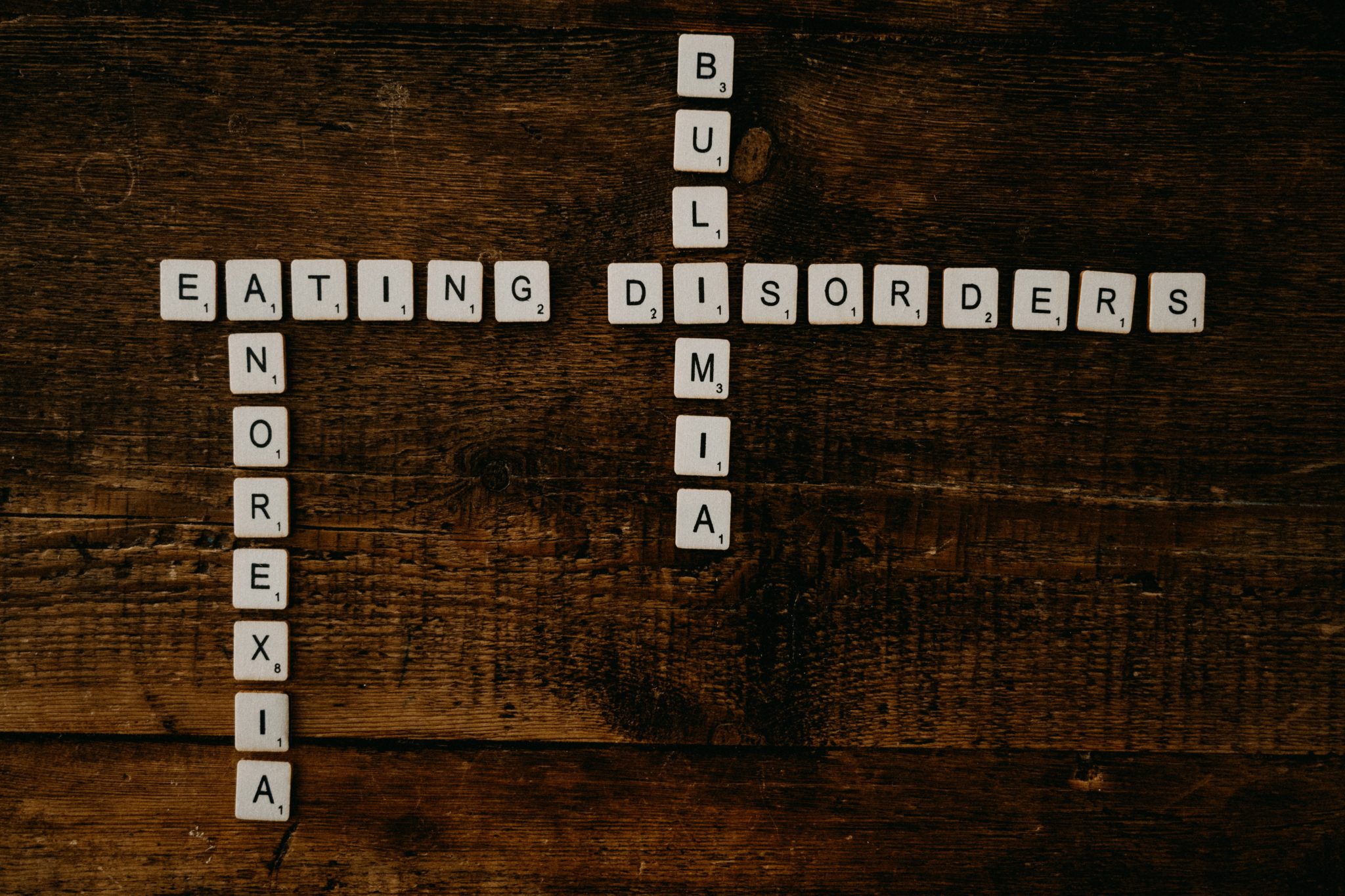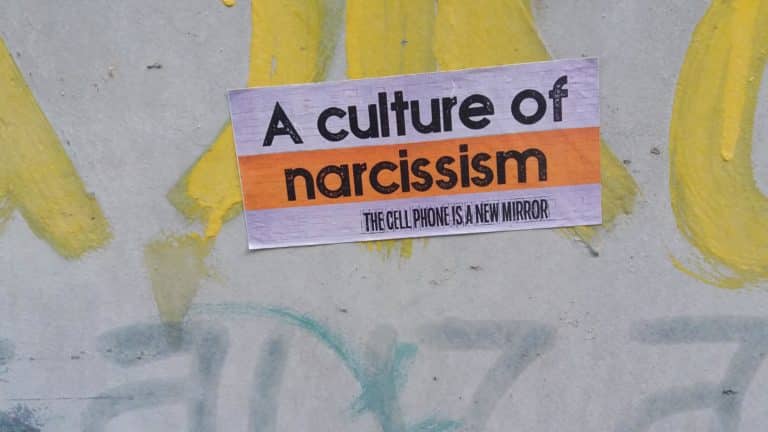Do you or a loved one have an eating disorder or signs of an eating disorder? Do you feel like you would like to have a better understanding of eating disorders? Food is a huge part of all cultures. Food brings people together and allows us to be with family and friends for social events. How often do you get together with friends or family without involving food? Many people have unhealthy relationships with food and/or body image. Eating disorders are most common in teenagers and young women.
Be cautious of unhealthy relationships with food caused by food sensitivity. Many people have sensitivities to food due to other health conditions. This does not mean that they have an eating disorder, more so, they fear the consequences to eating and the pain it entails. This fear can trigger a brain response over time, making it hard to want to eat because we know how it will make us feel. This can occur in those with autoimmune disorders, neurological disorders, and much more. Be mindful of true eating disorders and sensitivities to food.
Understanding three common eating disorders:
- Bulimia nervosa: Occurs when individuals eat large amounts of food and then make themselves vomit, use a diarrhetic, or even laxatives.
- Anorexia nervosa: Occurs when individuals severely restrict food, which can lead to starvation.
- Binge-eating: Occurs when individuals consume large amounts of food in a short amount of time and have feelings of not being in control of their food consumption.

Causes of eating disorders:
- Fixation on body image. Some people see tiny flaws that others do not even see and feel like they are big flaws. These flaws cause a fixation and the want to look a certain way.
- Having cultural pressure at home or society to be thinner. Some individuals grow up in families that scrutinize their weight or make fun of them for it. This can cause unhealthy relationships with food at a very young age. This can also occur when friends or society show expectations of body image and size. Even though society it slowly showing acceptance of all sizes, doesn’t mean that people do not have other factors pushing them to be thinner.
- Trauma or depression. Trauma or depression, especially in childhood can lead to an excess of food consumptions. This means that individuals choose to mask their trauma and sadness with food and may not even realize they are doing this.
- Low self-esteem. When people feel low about themselves, this can cause them to either not eat or even eat too much. For some people food makes them happier. Low self-esteem can also be from an unhealthy relationship with our body image and feeling like we will never be pretty enough or thin enough.

Here are 7 signs of having an eating disorder:
- Severe stress around food or events that have food
- Starving yourself
- Spending a lot of time in the bathroom
- Dry or yellow skin
- Unhealthy nails/hair
- Rapid weight gain or loss
- Obsessive thoughts about food
Do not ignore these signs in yourself or others and speak out. Confront a loved one who may be showing signs of an eating disorder. Be cautious and respectful, make sure that they aren’t dealing with other health issues that are causing unhealthy relationships with food. Talk to the individual in a caring way, showing no judgement. Try not to discuss the persons looks or criticize them in any way. Be the person that they can open up to.
Recommend help and if they do not want it yet, do not give up and keep trying. Do not be afraid to seek help for yourself for having an eating disorder or reaching out to someone to get a better understanding of eating disorders. Trained professionals, medical doctors, therapists, and support groups can be extremely beneficial for those needing help with an eating disorder.




